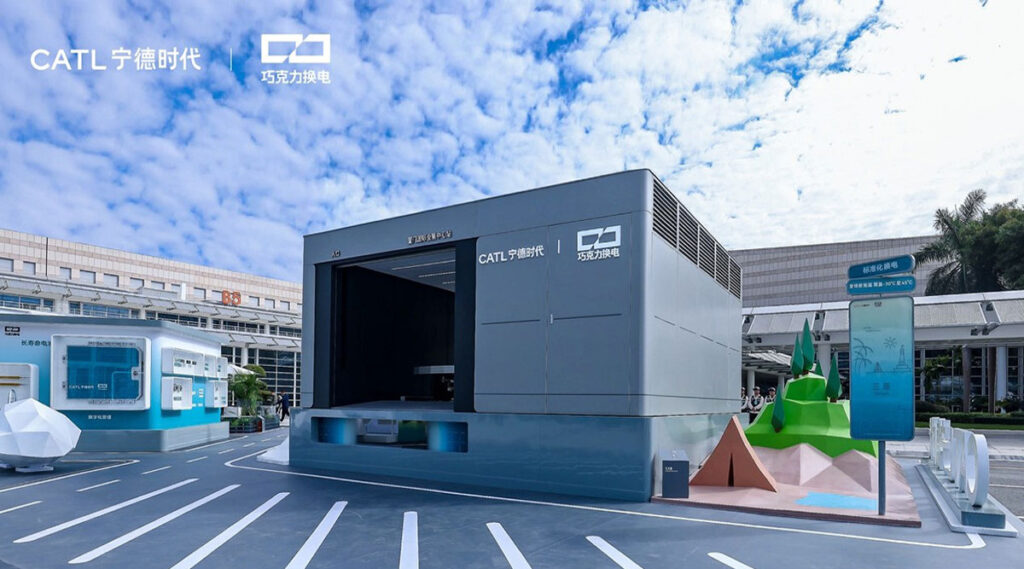Unlocking the Power of Energy Storage: Advances in Battery Technology
The energy storage market is experiencing a surge in innovation, with advancements in battery technology poised to revolutionize the way we generate, transmit, and consume energy. Today, energy storage systems are more efficient, cost-effective, and sustainable than ever before, and their impact on the global energy landscape is undeniable.
Advances in Battery Chemistry
Researchers have made significant breakthroughs in battery chemistry, leading to the development of new materials and designs that enhance performance, longevity, and safety. These improvements have enabled the creation of more efficient and reliable energy storage systems, reducing costs and environmental concerns.
Lithium-Ion Batteries
Lithium-ion batteries have been the gold standard for energy storage, but new technologies are emerging to challenge their dominance. Solid-state batteries, for instance, replace the flammable liquid electrolyte with a solid material, enhancing safety and energy density. Sodium-ion batteries, another promising alternative, offer similar performance at a lower cost.
Grid-Scale Energy Storage
As the demand for energy storage grows, so does the need for large-scale solutions. Flow batteries, designed for grid-scale applications, store energy in liquid electrolytes, allowing for long-duration discharge and high capacity. Other innovations, such as compressed air energy storage (CAES) and pumped hydro storage, also play a crucial role in grid management.
Charging Infrastructure and Transportation
The rise of electric vehicles has created a new wave of demand for charging infrastructure. Fast-charging technology, capable of replenishing batteries in minutes, is becoming increasingly important. Advances in wireless charging and inductive coupling are also paving the way for seamless, contactless recharging.
Commercialization and Market Trends
The energy storage market is expected to reach $74.4 billion by 2025, driven by increasing demand for renewable energy, grid resiliency, and the need for efficient energy management. Major players are already investing heavily in research and development, securing partnerships, and scaling up production to meet the growing demand.


_2.png?w=150&resize=150,150&ssl=1)
_1.png?w=150&resize=150,150&ssl=1)

_1.png?w=150&resize=150,150&ssl=1)
_1.png?w=150&resize=150,150&ssl=1)
